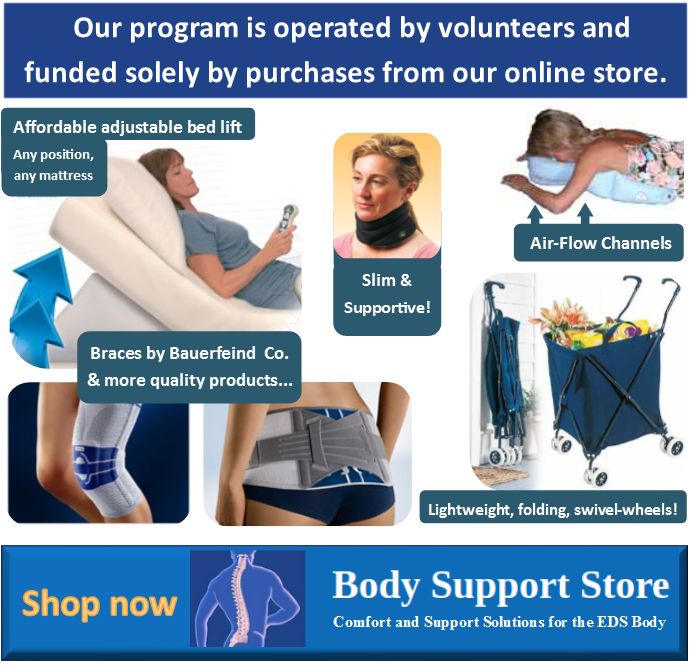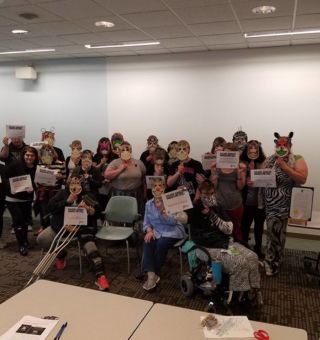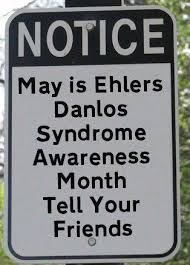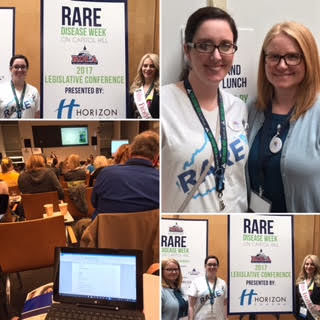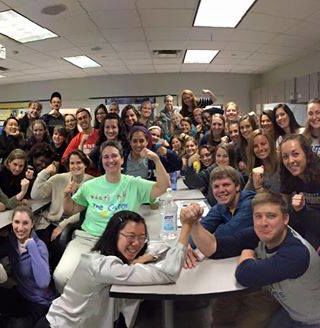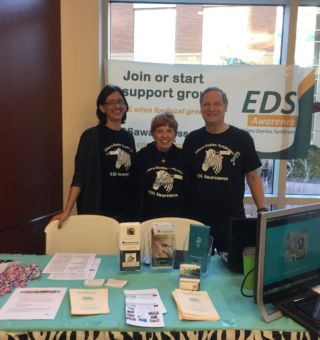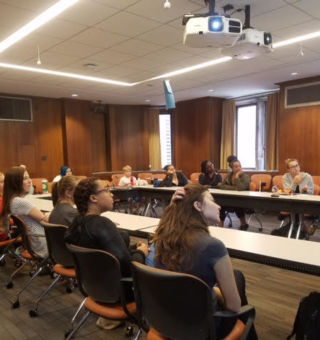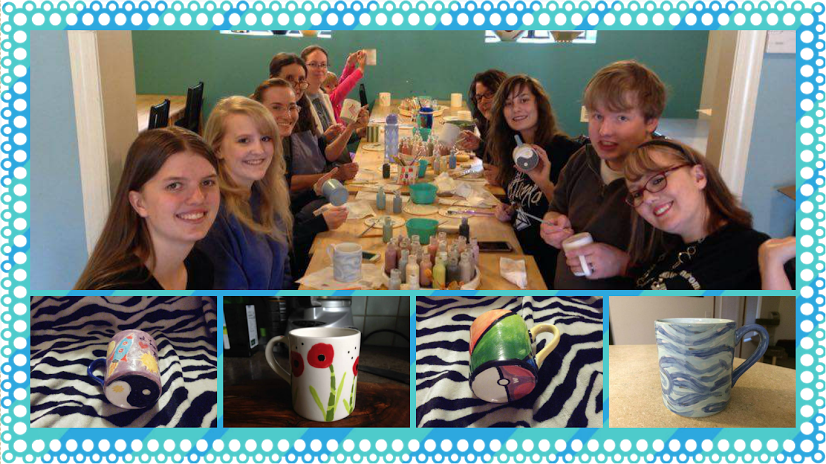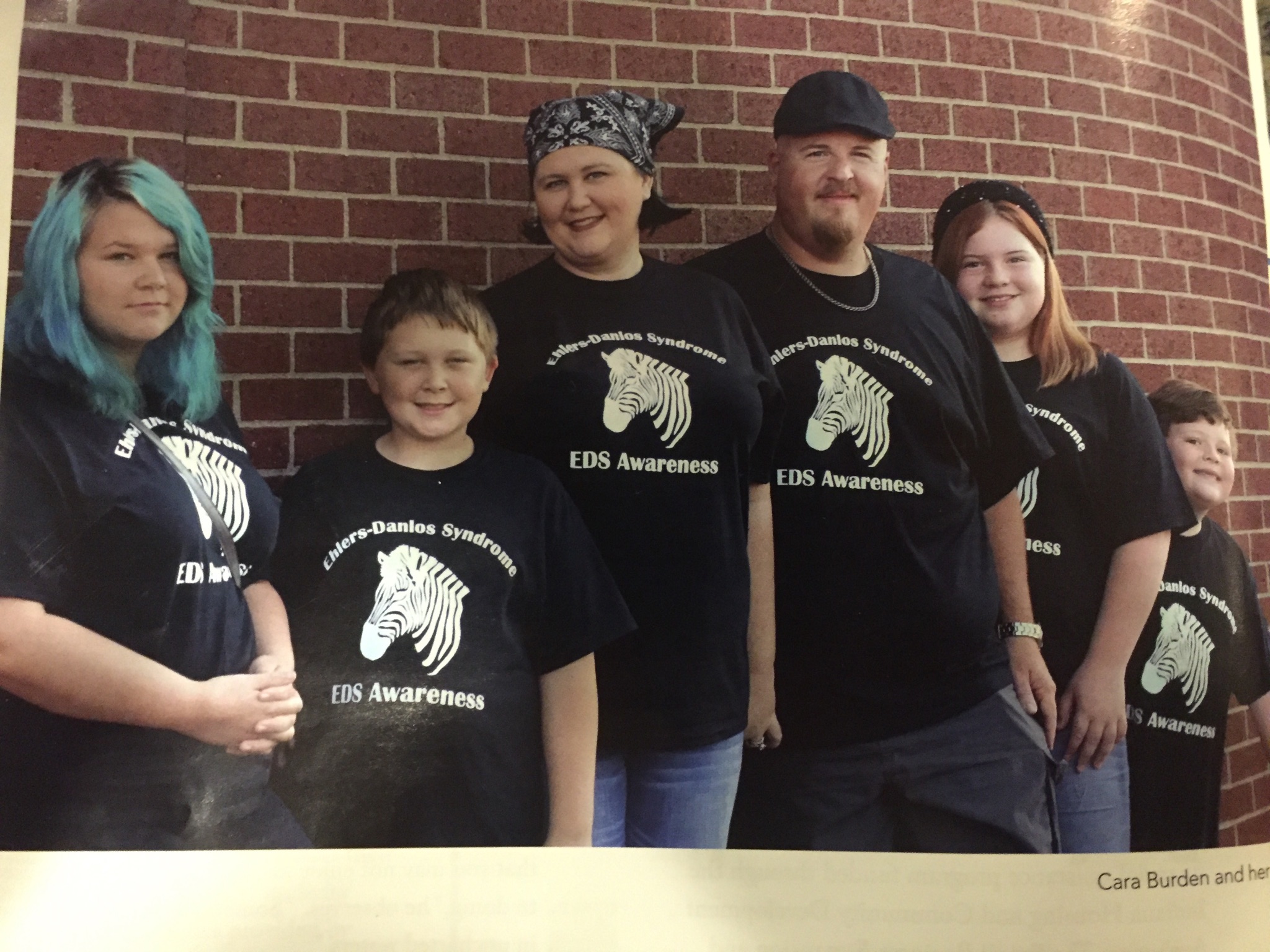EDS Holiday Hacks: Twelve Tips for Setting Yourself Up for Success by Realigning Your Expectations
This time of year, it can be hard for anyone, especially those with a chronic illness like Ehlers-Danlos syndrome (EDS), to gear up for the holiday madness. The pressure to shop, cook, wine, dine and be fine is too much! You might not be able to travel or gather with loved ones for various reasons, such as your health, costs, or a lack of energy. That’s why the EDS Awareness and Chronic Pain Partners volunteer media team curated a list of our top ideas to keep you happy, healthy, and healing no matter where you are for the holidays. If you are venturing out, there’s tips to make the most of it while preserving your energy and your sanity.
Chronic health problems can take a toll on relationships any time of the year. Most people have to experience unrelenting pain or illness themselves before they understand how debilitating it is. Loved-ones can sometimes be in a form of denial about what’s happened to you, or they may be scared and worried about the future. That crisis can come to a head during the holidays when people’s expectations of one another are high and when stress levels for everyone are likely to be off the charts for any number of reasons. If you’re like many of us, during the rest of the year, you carefully limit interactions with others in order to manage your symptoms; on a typical day, your most complex decision may be to choose between showering and PT! But when the holidays arrive, you’re thrust into a lively and chaotic social scene where you’re expected to participate in a range of activities, often for days in a row. Here’s how to prepare yourself and your loved ones to better minimize your stress levels over unrealistic expectations.
- Nest, Rest, and Invest: It is critical to plan rest periods as you come upon the celebrations you choose to take part in during the holidays, no matter whether it’s Christmas, Hanukkah, Kwanzaa, New Years or your partner’s office party. Prepare your body and your mind for the extra efforts required while also allowing yourself to be just as you are. Maybe consider a rest day before the guests arrive or before the party, and definitely plan for it after! Could you line up the cooking to be done throughout the day or prepare some things the night before to ease the burden? Hunker down, rest and be ready. It will be exhausting but it’s usually worth it. If you are the one traveling this year, be certain to invest in any desired mobility aids, reserve a wheelchair for the airport or get your travel comfort ready in advance to ensure your trip is as cozy as it can be. This blow up pillow is great back support for plane and car trips and this neck pillow is easily portable to support your spine or try this body cocoon to improve your sleep away from your own comfy bed.
- Chronic Communication Crisis: To prepare mentally, spend adequate time considering how to answer the simple question, “How are you?” Being chronically ill is nothing to be ashamed of, yet healthy people do not always understand or empathize. It can be difficult to answer that simple question if we want to say, “I feel awful,” as the honest truth. Allow the holiday cheer to free you from the need to unload the frustration. We all want to feel validated and be understood with compassion, and not everyone receives that precious gift from their families. If you struggle with this, imagine trying to be the ‘best guest at the dinner party’ by regaling stories from your past, good times and good laughs, or brush up on a few good jokes or TV shows to be ready to make casual conversation that’s not related to your health situation. Our challenging health burden can feel too heavy sometimes, especially when there’s not much loved ones can do to help. Try to enjoy the time spent together with a conversation about other topics and be the person you would want to be around.
- Go Half-sies: Think pacing here. Plan to do what you can, but also plan not to overdo it. We don’t usually realize until it’s too late when we’re exhausted by doing too much, and man, do we pay! For days and days! Post-exertional malaise, anyone? This year, try planning to do only half of what you actually plan. This means breaking it up, sharing the responsibilities, or forcing yourself to stop and rest before finishing the task, errands, or meal prep. Half-sies is also a good idea for our dinner plates and portion control too. But definitely plan on taking the after-meal nap that everyone else will take! Thank you, carbs and tryptophan.
- Tune Out the Noise: Plan simple tactics to be able to literally tune out and reduce hypervigilance and overstimulation common for the holidays, especially if you’re neurodivergent. Plan to get your own noise-canceling headphones (like the new Apple AirPods Pro, ear plugs or foam inserts) to drown out the noise factor. Bring a sleep mask to ensure you get good ZZZs. Also remember to tune out any toxic behavior of anyone, including your dreaded in-laws or others who might not respect your needs. Don’t let them and their mistaken attempts to comfort you get you down. They are trying, and sometimes they simply don’t know how to help. Don’t let any family bullies steal your energy by justifying any snarky comments with a response. Rise above the noise.
- Outsource Help: It’s the one time of year we can all use a bit of help. You can (and should) splurge occasionally, and this is one where you can then reinvest your own energy elsewhere. Consider hiring a cleaning service to get your home tidy or sign up for a one-time meal delivery service to cut down on the burden of cooking (Gobble or Home Chef meal delivery services, or popular options for meal prep like Dream Dinners). Remember, save your spoons for doing the most important things that matter most to you – and try to get help for the rest as you can afford it or ask for help from loved ones. It’s ok to ask for help. People want to help you and often don’t know how. Teach them how. Try putting each task to be done to prepare for the meal on a separate Post-It note on the refrigerator. Instruct guests and family members to share the responsibilities by picking a task on a post-it to do, again and again, until everything is done and the meal is ready. It’s an easy way to ask for help in a fun way!
- Pay It Forward: Get involved in whichever civic, religious or community organizations you prefer to spread cheer during the holidays. Volunteer to help a needy family, deliver food to fellow church or synagogue members, donate to your favorite charity, or sign up for the USPS Operation Santa. This unique opportunity allows children to write letters to Santa via the U.S. Postal Service. They scan them in, and you can browse online to sponsor to give gifts they request by shopping and mailing them anonymously. Nothing gives a good feeling like the spirit of giving to someone else, especially children.
- Remember, Self-Care Is Not Selfish: Pay very close attention to your own self-care during tiring times of the holiday season. Don’t overdo it! Plan out your spoons and how to best preserve your energy resources. When you need a quick energy boost on the spot, try extending the length of time you inhale by a few seconds to energize you, or relax by extending the exhale. Use apps like Calm, or Google “vagus nerve exercises” or tune into ‘Motion Art’ on Netflix to calm down your autonomic system if you have dysautonomia and/or anxiety issues. Take time to do things to restore yourself, so you can make it through the holidays by whatever means works for you – a massage, a walk, a nap, etc. Try to take time each day to restore your body and mind.
- Cultivate Gratitude: Be sure to seek ways to give thanks for the abundance in life and not focus on your health challenges for a while. There are silver linings out there if you look hard enough. Look for chances to say thank you to people, praise their efforts of support in your care, or think about which doctors might have helped you find answers this year or the grace a PT (or OT) gave you by putting you back together again. Tell them how much you appreciate them.
- Get Out of Your Comfort Zone: Do your best not to be alone on the most important days for you by reaching out to family, friends, neighbors or long-lost people from your past to rekindle the spirit of togetherness. Connection is what warms the heart. Take a moment to text greetings to someone, call an estranged family member, or simply say hello to a stranger during your shopping madness. You never know when it might make their day and could spark a new relationship or connection. Or maybe tell that complete stranger on social media who lifts you up how much you value their friendship.
- Focus on Presence, Not Presents: Remember the reason we are all here on this Earth… to spend time together and connect to one another. Whether that means family, friends, children, parents or community members, pay the biggest investment in your time you spend with them and less on the consumer-related material gifts they probably don’t really need anyway. They would much rather spend time with you and see you as healthy and happy as you can be for the holidays than have another sweater! If you want ideas for simple gifts for the zebra in your life or to share as your own wish list, see the EDS Awareness “Blissmas wish list” here (INSERT LINK).
- Set Boundaries: Setting boundaries among family members can be really challenging because for many years we may have felt burdened by unspoken expectations that have made it hard to put our own needs first. Keep in mind, when you don’t set a boundary, you prioritize other people’s comfort over your own needs. Is that really the message you intended to send? Setting boundaries is a courageous act of putting ourselves first. There’s an easy acronym to remember how to set appropriate boundaries – G.I.V.E. from Marsha Linehan.
- Be Gentle – With yourself and others. Even if you strongly disagree with someone’s opinion, it can be helpful to be mindful of your reaction and take a step back before responding if a conversation gets heated or uncomfortable.
- Act Interested – Ensure you give them the same grace you expect. People want to be heard and then will often move on to another topic. You can engage in eye contact and nod your head to show you are following along.
- Validate – Validating someone’s opinion does not mean you agree with it. Some examples of doing so that maintain the relationship if it veers off course can include saying, “I can see this is an important topic to you” or “It is apparent you have strong beliefs on the topic.” Leave it at that. No final word required.
- Easy Manner – A smile or humor can diffuse a tense situation. Keeping the conversation light and returning to a surface-level topic of discussion can prevent delving into potentially adversarial conversations. Make it easy by discussing the weather, holiday travel plans, sport teams, etc.
- If all else fails, use these strategies when faced with difficult situations or challenging people:
- Excuse yourself from an uncomfortable conversation.
- Keep the conversation light and on “safe” subjects (avoid controversial topics like politics, religion, and money).
- Count to 10 and take a few deep breaths before saying or doing anything.
- Repeat an encouraging mantra in your head, such as “I can handle this” or “setting boundaries is a healthy form of self-respect.”
- Go to the bathroom, splash water on your face, breathe in for the count of 4 and out for the count of 4 (repeat), collect your thoughts.
- Use an “I statement” to calmly and kindly express your feelings and needs.
- Leave early.
- Give Yourself a Permission Slip: The key elements in common in this list are to give yourself permission to realign (dare I say lower) your own unrealistic expectations we put on ourselves of any notion of a perfect holiday event. You do you – as best you can – and that is enough! Also, try to have a wingman or partner who knows you and your signs of fatigue to help you opt-out if necessary mid-day. The sagest advice is to No. 1 prepare properly, and No. 2 spend wisely on your precious spoons this holiday season. Be selective in the choices you take a part in and be fully present when you’re there (duh – get off the phone). Be an active listener to those you surround yourself with. Remember that SILENT and LISTEN all use the same letters and same skills. When someone is speaking to us, if we listen mindfully, it can transform the relationship. Give yourself the same gifts. Take time to pause and see the joy in the holidays. You deserve it and will build precious memories you will cherish for many years to come.
[Chronic Pain Partners and it’s team members have no affiliation to any products mentioned]
Christie Cox
December 2022



